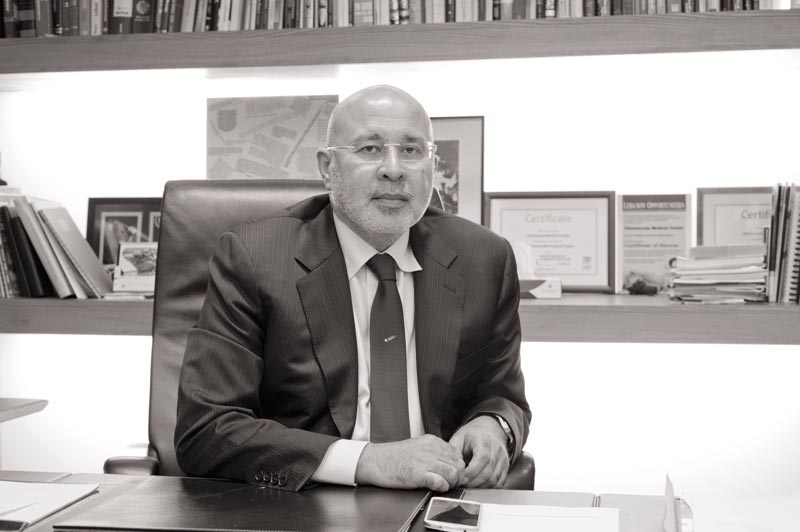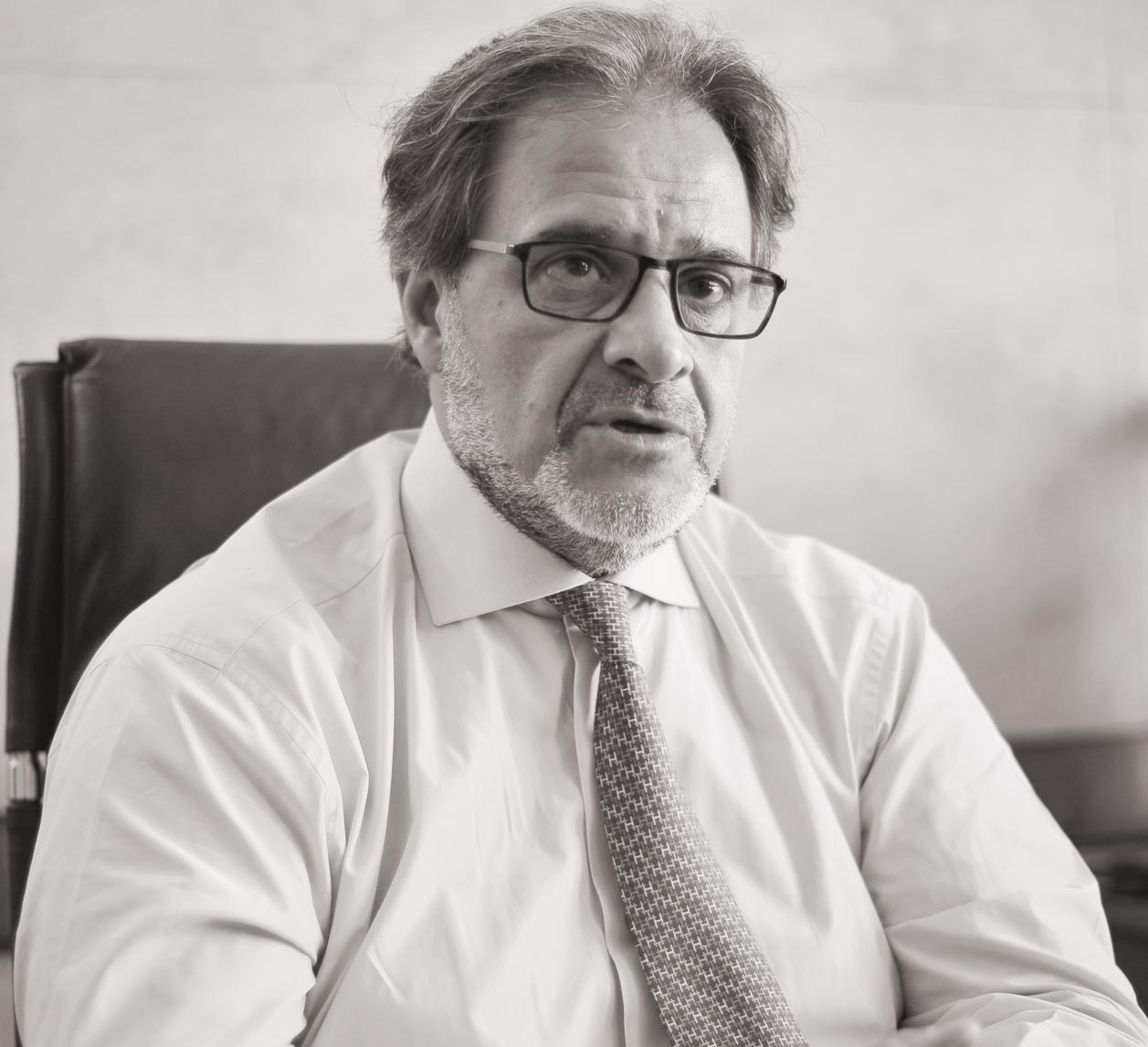In modern economies, governments should have two fundamental priorities. The first is to decrease unemployment and the second is to develop the country’s human resources in order for citizens to become more efficient and valuable, thus contributing to growth.
One of the prerequisites of this is a healthy population, well-served by their healthcare system. Clearly, the Lebanese are being failed.
As our special report shows, the healthcare system in this country was broken long before the Syrian refugees arrived. Those that can afford it opt out, leaving the majority to get their treatment from overworked and underpaid doctors in decaying hospitals. With insufficient government support, these hospitals are trapped in a vicious circle of debt and worsening services. Now that the system has been overloaded with the additional pressure of one million refugees from Syria, there is a real threat that some of these failing institutions may go under.
Healthcare is far from unique. Sadly, so many of the country’s institutions are on the brink with the problems associated with decades of mismanagement now exacerbated by the refugee crisis. It is more important than ever to change course.
This leads to the choice of our next president, to take place next month. One cannot fail to notice the schizophrenic nature of our citizens when it comes to this decision. Many people who are desperate for an independent candidate are equally keen to see either Free Patriotic Movement leader Michel Aoun or Lebanese Forces chief Samir Geagea as the next president. The fundamental contradiction between a desire for change and support for these most stagnant statesmen seems not to register.
Both men are believed to be interested in taking on the top job, with Geagea declaring himself a “natural” candidate. Yet perhaps if we could look beyond the political jostling at the wider picture, we will see they are equally unsuitable.
Neither of these warlords-cum-statesmen have any history in economics nor do they have a proven track record of improving lives for the majority. Both have been integral players in the deterioration of our country into a deeply divided and factionalized society.
If we take the two fundamental goals of the state, it is clearer than ever that what is needed is an independent, strong leader who understands how to grow our economy. Let’s look beyond the political candidates to find someone who can be a common denominator for economic prosperity for all.
Then perhaps we can nurse the nation back to health.


![Touch Apstrata hackathon [Sam Tarling/Executive] Hackathon crowd](https://www.executive-magazine.com/wp-content/uploads/2014/04/MGL2473-e1397721838677.jpg)










